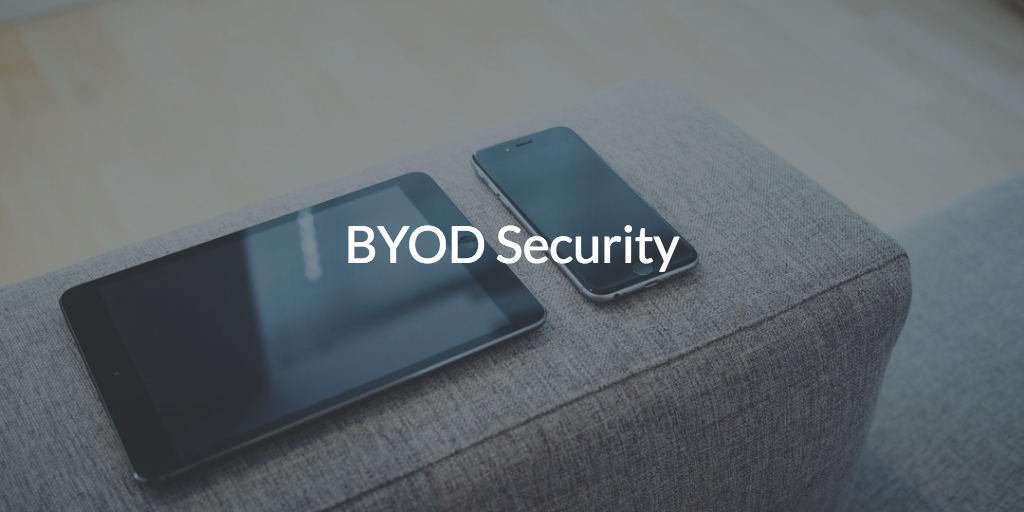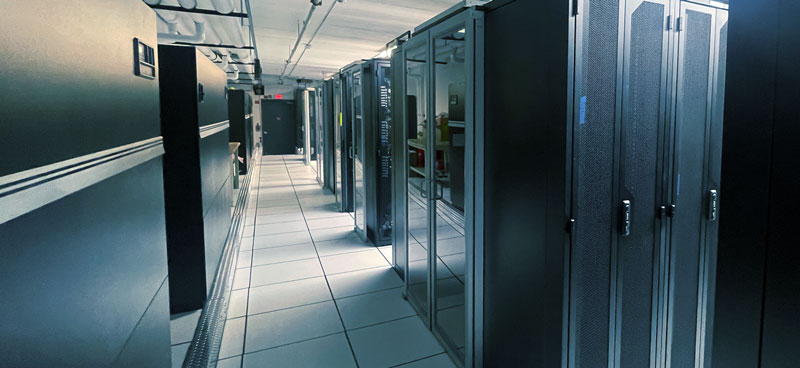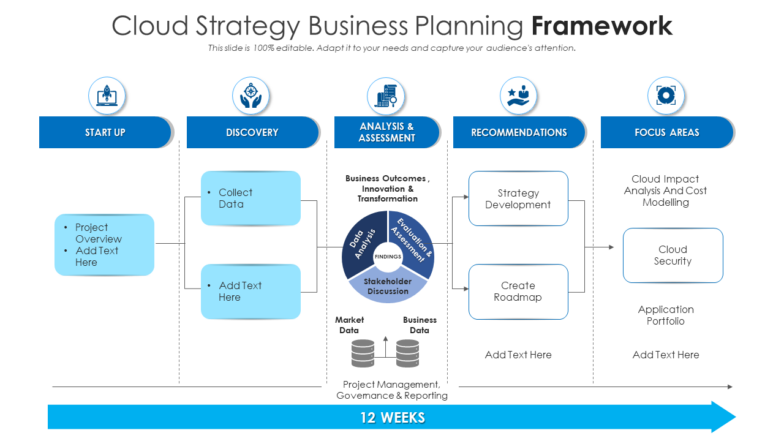BYOD security solutions have become a crucial consideration for businesses as more employees opt to use personal devices for work purposes. With this growing trend, organizations must address the potential risks associated with data protection, especially if devices like laptops, smartphones, or tablets are lost, stolen, or damaged. Research shows that accidents can happen to anyone, which necessitates implementing effective data loss prevention measures. Investing in cloud backup for businesses is essential to safeguard employee data protection and maintain business continuity. By following BYOD best practices, companies can protect sensitive information while empowering their workforce to utilize their preferred devices safely.
As the Bring Your Own Device (BYOD) model gains traction, the importance of robust mobile device management solutions can’t be overstated. Organizations are increasingly turning to personalized security measures to mitigate risks associated with the integration of personal gadgets into the workplace. These measures often encompass strategies designed to maintain employee data security and ensure compliance with organizational policies. Automated data backup systems are increasingly being leveraged to facilitate seamless data recovery in case of device failure or loss, further reinforcing the necessity of proactive security protocols. Ultimately, adopting comprehensive strategies for device management is paramount in fostering a secure working environment.
Understanding BYOD Security Challenges
The adoption of the Bring Your Own Device (BYOD) model presents various security challenges for organizations. With employees using personal devices such as smartphones, tablets, and laptops for work purposes, companies must consider the security of these devices and the sensitive data contained within them. When a personal device is lost or damaged, the risk of data exposure increases significantly. According to research, a significant portion of devices, including popular smartphones like iPhones, experience damage—over 30 percent according to recent studies. This highlights the importance of implementing robust BYOD security policies that ensure sensitive data is protected even when accessed from personal devices.
Effective BYOD security involves a multi-layered approach, including employee education, strict compliance with security best practices, and the use of advanced security solutions. By leveraging tools such as BYOD security solutions, companies can enforce access controls, monitor device security, and ensure that employees adhere to best practices for data protection. Creating awareness about potential risks, like data loss prevention strategies and the necessity of backing up critical information, can further mitigate security threats associated with BYOD.
The Importance of Employee Data Protection
In a world where data breaches are becoming increasingly common, protecting employee data is vital for organizations. Employers must ensure that personal and sensitive information remains secure, especially when employees access company resources from their personal devices. This requires robust employee data protection measures, which include encryption, multi-factor authentication, and regular security audits of devices. By emphasizing strong data protection policies, businesses can build a culture of security that prioritizes the safeguarding of both organizational and employee data.
Additionally, implementing comprehensive employee training on data protection practices is essential. Employees should be educated about secure backup methods, recognizing phishing attempts, and understanding the implications of data loss. Providing employees with tools such as cloud backup for businesses can ensure essential files are backed up and easily retrievable in case of device loss or failure. These measures not only protect the organization but also empower employees to take responsibility for their data security.
Effective Data Loss Prevention Strategies
Data loss prevention (DLP) strategies are critical in safeguarding an organization’s sensitive information. With the rise of remote work and BYOD practices, companies must invest in DLP technologies that monitor and protect data from unauthorized access and potential loss. Effective DLP strategies encompass technology solutions, policies, and employee education that collectively work to prevent data breaches and unauthorized data sharing. For instance, using advanced analytics to track data usage and flagging anomalies can be a powerful way to prevent data loss before it occurs.
Incorporating data backup solutions into the DLP strategy is an essential component. Regular and automatic backups ensure that even in the event of data loss, critical business information can be restored. Companies should implement a systematic approach to data backup, utilizing cloud backup for businesses to securely store important files off-site. This proactive measure not only safeguards against accidental data loss but also enhances organizational resilience in the face of cyber threats and operational disruptions.
BYOD Best Practices for Organizations
Establishing effective BYOD best practices is crucial for organizations that allow employees to use personal devices for work tasks. These practices should be clearly outlined in a BYOD policy that addresses security concerns, acceptable device types, and data usage regulations. By laying down a comprehensive framework, organizations can minimize risks associated with data breaches and ensure compliance with applicable regulations. Employees should be required to understand and adhere to these policies, emphasizing their role in maintaining security while using their devices for work.
To support BYOD best practices, organizations can provide guidelines on secure application usage and the importance of regular software updates. Additionally, having a reliable BYOD security solution in place can automate many of the protective measures required to safeguard sensitive company data stored on personal devices. Regular audits and updates to the BYOD policy are also necessary to account for evolving threats and technological advancements, ensuring that the policy remains effective and relevant.
The Role of Cloud Backup for Businesses
In today’s business landscape, having a robust cloud backup solution is indispensable for protecting critical organizational data. As more companies embrace remote work and BYOD policies, the risk of data loss from devices becomes a pressing concern. Cloud backup for businesses not only provides an easy and efficient way to store data but also enhances accessibility and collaboration among employees. Utilizing cloud storage allows employees to recover lost files swiftly, minimizing downtime and maintaining productivity.
Moreover, cloud backup solutions offer scalability, allowing businesses to expand their storage capabilities as needed. This flexibility is especially beneficial for growing organizations that may experience fluctuations in data requirements. Options like Carbonite Business enable businesses to back up an unlimited number of devices while ensuring that all information is securely stored and readily available. By investing in cloud backup for businesses, companies can further enhance their data loss prevention tactics and ensure peace of mind.
How to Choose the Right Data Backup Solutions
Selecting the right data backup solutions is vital for organizations looking to safeguard their data effectively. With a plethora of options available on the market, businesses should consider several key factors when making a decision. Assessing the volume of data that needs to be backed up, the frequency of backups required, and whether the solution integrates well with existing systems are essential elements in the selection process. Companies should also explore the variety of features offered, such as real-time backup, versioning, and user-friendly management dashboards.
Additionally, understanding the costs associated with different data backup solutions is crucial. Organizations can benefit from pricing models that fit their budget while still providing comprehensive coverage for their data protection needs. For instance, services like Carbonite Business provide flexible pricing tiers and features to accommodate businesses of all sizes. By analysis and careful consideration, organizations can choose data backup solutions that not only enhance their overall data security posture but also align with their operational requirements.
Establishing Secure Access Policies for BYOD
Creating secure access policies for devices under a BYOD framework is crucial for protecting sensitive company information. These policies must define who has access to what data, especially when employees are using personal devices. By implementing role-based access controls, organizations can ensure that employees only see the information necessary for their job functions, thus limiting exposure to sensitive data. Additionally, policies should require secure authentication methods, like two-factor authentication, to prevent unauthorized access.
Regular audits and updates to access policies are necessary to adapt to changing security landscapes. Organizations should routinely review access logs and user permissions to detect any unusual activity or data integrity issues. Furthermore, creating a culture of security awareness and providing ongoing training can empower employees to understand their role in maintaining data security. By establishing clear, robust access policies for BYOD, organizations can effectively mitigate risks while leveraging the benefits of flexible work environments.
The Benefits of Mobile Device Management (MDM)
Mobile Device Management (MDM) is an essential tool for organizations adopting BYOD policies. MDM solutions facilitate the management and security of mobile devices used for work purposes, giving IT departments the ability to enforce security protocols, deploy applications, and monitor compliance with organizational policies. By implementing MDM, companies can better manage risk and reduce the likelihood of data breaches related to personal devices.
Moreover, MDM solutions provide features that enhance data loss prevention efforts. For instance, remote wiping capabilities can erase sensitive data from lost or stolen devices, thereby protecting the organization from potential data breaches. Additionally, MDM systems often include encryption features that safeguard data stored on mobile devices. The integration of MDM into a comprehensive security policy can significantly enhance an organization’s ability to protect employee data and maintain business continuity.
Data Protection Compliance and Regulations
With the rise of data breaches and privacy concerns, understanding data protection compliance and regulations is vital for all businesses. Organizations must navigate a complex landscape of regulations that dictate how they store, manage, and protect customer and employee data. Regulations such as GDPR and HIPAA outline strict guidelines requiring businesses to take appropriate measures to secure sensitive information. Failure to comply can result in significant fines and damage to reputation.
To ensure compliance, businesses must conduct regular assessments of their data protection practices and implement necessary changes to meet regulatory requirements. This includes adopting robust data backup solutions and maintaining transparency with employees about data usage. Additionally, training staff on compliance-related issues can empower organizations to remain vigilant against potential violations. By prioritizing data protection compliance, organizations not only protect themselves legally but also build trust with customers and the workforce.
Frequently Asked Questions
What are the best BYOD security solutions to protect employee data?
To effectively protect employee data in a BYOD environment, companies should implement comprehensive BYOD security solutions such as data loss prevention strategies, strong authentication measures, and regular backups using cloud backup for businesses. These solutions ensure that sensitive information is safeguarded against unauthorized access and data breaches.
How do data backup solutions enhance BYOD security?
Data backup solutions play a crucial role in enhancing BYOD security by ensuring that all critical business data is regularly backed up and can be restored in case of device loss or failure. Utilizing cloud backup for businesses allows organizations to securely store employee data offsite, reducing the risk of data loss due to theft or accidental damage.
What BYOD best practices should companies follow for data protection?
Companies should follow BYOD best practices for data protection that include enforcing strong password policies, implementing data encryption, regularly educating employees about cybersecurity, and utilizing effective data backup solutions to ensure that employee data is secure and recoverable.
Why is employee data protection critical in BYOD environments?
Employee data protection is critical in BYOD environments because personal devices can be more vulnerable to security breaches. By focusing on robust BYOD security solutions, organizations can prevent data loss and protect sensitive information from being accessed by unauthorized individuals, ensuring compliance with data protection regulations.
How can cloud backup for businesses mitigate risks associated with BYOD?
Cloud backup for businesses mitigates risks associated with BYOD by providing a secure, centralized location for storing and recovering data. This means that even if a device is lost or damaged, the critical information is safe and can be accessed from other compliant devices, thereby reducing the likelihood of data loss.
What role does data loss prevention play in BYOD security solutions?
Data loss prevention (DLP) is an integral part of BYOD security solutions, as it involves implementing policies and tools that prevent sensitive data from leaving the organization. By utilizing DLP strategies alongside employee data protection measures, businesses can effectively safeguard against data leakage while supporting the BYOD model.
Can Carbonite Business be used as a BYOD security solution?
Yes, Carbonite Business can be effectively used as a BYOD security solution. It offers reliable data backup solutions by automatically backing up devices in real-time, ensuring that critical data is secure and recoverable no matter where employees are using their devices.
What features make Carbonite Business suitable for BYOD environments?
Carbonite Business is suitable for BYOD environments due to features like real-time data backup, access from multiple devices, an easy-to-use administrative dashboard for oversight, and the ability to scale storage as needed. These capabilities allow organizations to effectively manage employee data protection across various personal devices.
How can companies encourage employees to follow BYOD best practices?
Companies can encourage employees to follow BYOD best practices by providing training on data security, emphasizing the importance of regular data backups, and implementing user-friendly tools for employee data protection. By fostering a security-conscious culture, organizations can better protect sensitive information.
| Key Points | Details |
|---|---|
| BYOD Model Risks | Increased concerns regarding security and data breaches as employees use personal devices. |
| Device Loss and Damage | Over 30% of iPhones have suffered damage; devices can be lost, stolen, or malfunction as per Murphy’s Law. |
| Importance of Backups | Regular backups are essential to protect crucial documents and data regardless of device location. |
| Carbonite Business Solution | Offers real-time, automatic backups for multiple devices starting at $229/year, includes administrative tools for monitoring. |
| Storage Options | 250GB included in the base plan, additional storage can be purchased in 50GB increments. Plans for larger businesses available. |
| Trial Offer | Free 30-day trial available without credit card info required. |
Summary
BYOD security solutions are essential for protecting confidential data as more employees utilize personal devices for work. With the rise of the BYOD model, companies must address potential risks associated with device loss or damage, emphasizing the need for regular data backups. Solutions like Carbonite Business ensure that employee data is secured through automatic backups while providing accessibility across various devices. By investing in these security measures, businesses can mitigate the risks linked to BYOD practices, preserving sensitive information even in the face of unforeseen accidents.



